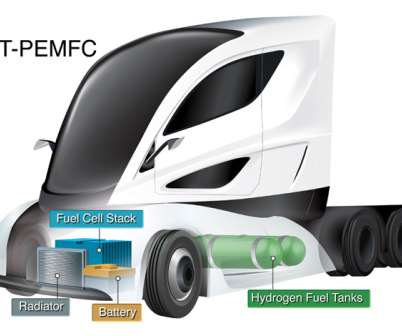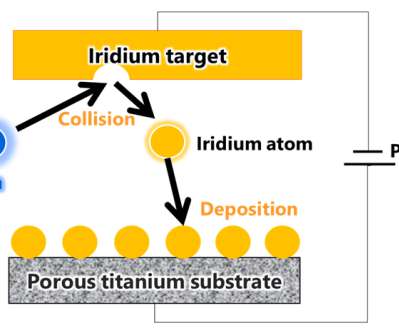New partnership to advance high-temperature PEM fuel cells; focus on heavy-duty applications
Green Car Congress
APRIL 13, 2021
Traditional PEM fuel cells have a relatively low operating temperature, which makes for a low tolerance to hydrogen fuel impurities and makes waste-heat rejection a challenge for vehicles. The ability to use any hydrogen-carrying fuel, in addition to pure hydrogen, is a major breakthrough in reducing the required infrastructure investments.




























Let's personalize your content